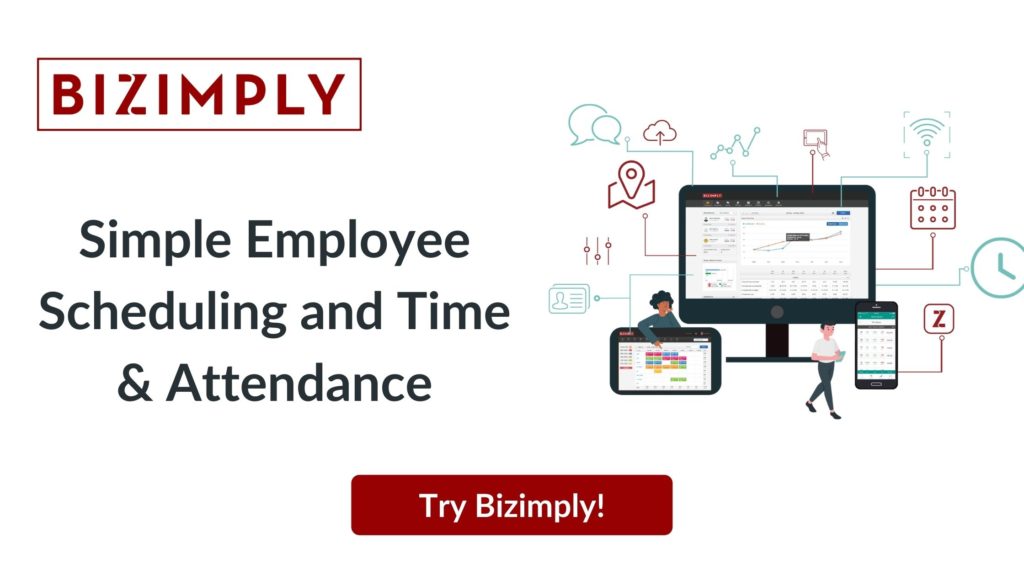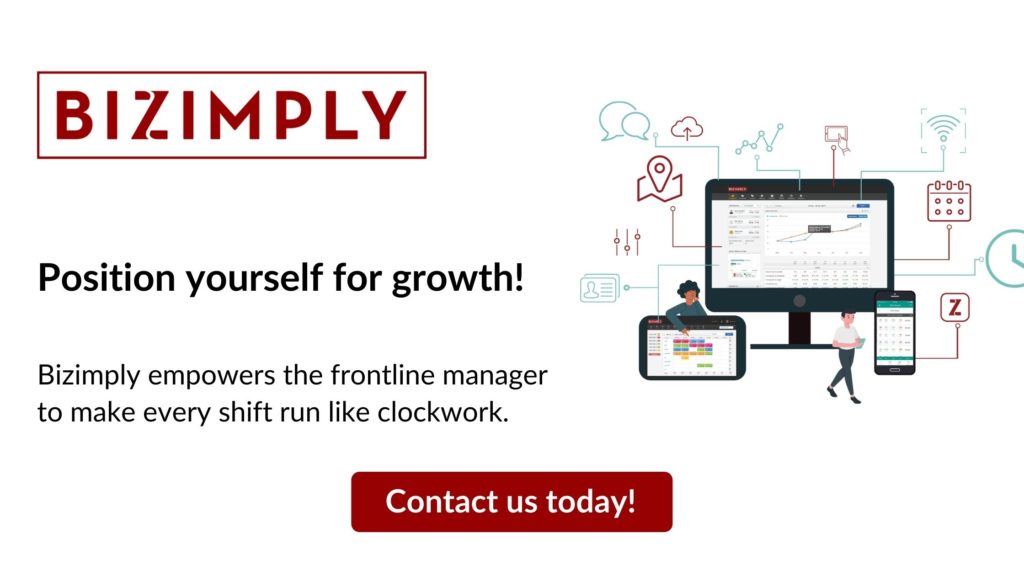Performance reviews are important for both the employer and the employee. It gives both individuals an insight into the current performance of the employee, identifies areas where they can improve or up skill as well as initiating or discussing different ways of carrying out their current role. It goes without saying that you would expect your staff to perform to the best of their ability when they are carrying out their role within your organisation and so performance reviews are a great way to assess whether this is being done. Performance reviews can be conducted during a one-to-one meeting; weekly, monthly, quarterly or even annually, depending on how much you benefit from conducting them in your organisation.
So why are they really important?
They serve a variety of purposes. Performance management is not just about dealing with poor performers. It is a process that begins with getting the right people, setting the right employee expectations, coaching employees to deliver efficient, high-quality service and dealing with under-performance in a proportionate and appropriate manner. They are a great way to let the employee know that you appreciate their level of commitment to the role, the work they are doing and if you need their performance levels to improve. However, to achieve factors like these, you need to make your employee aware of the standard of work you expect them to deliver.
Performance reviews are great for;
Promotion: Conducting regular performance reviews allow you and the employee to see how far they have come on since they started the role. This way you can identify if the employee has met the expected standards and a review on their position within the company can be discussed. If you are in the situation where there are multiple employees who are suited for a promotional role, but there is only one open position available, then another senior level employee must help to identify and justify his or her choice for a candidate by highlighting specific examples of exceptional professional achievement. Taking note of these examples and other notes will keep you compliant if there is ever a questioning over decisions being made.
Target training and development: Performance reviews are a stable way to identify areas required for improvement, whether this be personal motivation or upskilling in certain areas. It never hurts to continue professional development, completing courses or additional training. For some industries, such as marketing, the tactics are always changing, so keeping up to date with new practices and technology is important in order to fulfill the role properly. When managers are seen to openly allow employees to undertake these new courses when on the job, they will see an increase in employee morale as they know that their bosses care about their careers. In addition to this, having your employees at the top of their game will also improve company performance and team productivity. If you tend to ignore gaps in your employees skills, you are more likely compromising the performance of the business.
Encourage engagement: Many HR organisations now advise conducting half-yearly or quarterly performance reviews. A Gallup survey found that employees who have had regular conversations with their managers in the past six months are 2.8 times more likely to be engaged. This in turn leads to better performance, higher productivity levels and teams who can work well together. Having regular feedback and encouragement enables employees to prioritise within their role and allows them to identify areas themselves where they feel they could improve.

For Discipline: Performance appraisals provide a valid paper trail that supports admin and legal processes to prove employee negligence, harassment, or other actionable behavior. Also, written documentation is usually more effective than verbal for addressing sub-par performance issues. Conversations regarding poor employee performance can be uncomfortable (for both the employer and the employee). So, having a “script” or supporting evidence makes things so a lot smoother.
How often do you conduct performance reviews if at all? I hope this article has provided you with some thoughts on best practices around performance reviews.
Key takeaways are:
- Benefits both employer and the employee
- Identify areas for improvement
- Identifies gaps in skills
- Increases engagement and morale
- Improves productivity of both the business and employee
How can Bizimply help you with implementing performance reviews into your workplace? Find out today by booking in with one of our friendly business advisors, book here!







